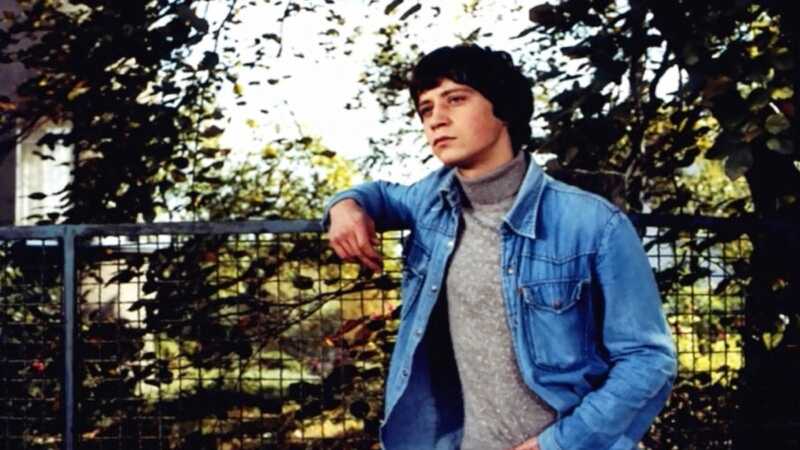
The film "How the World Comes to an poets" is one of the unforgettable works of Czechoslovak cinema. This comedy with romantic elements, directed by Dušan Klein in 1982, was based on a book by Ladislav Pecháček and became a symbol of artistic freedom and the obstacles that the time imposed on creators.
The Story of Film
Gymnasium students Štěpán (the newly admitted Pavel Kříž) and Kendy (David Matásek) have great artistic ambitions. Štěpán composes verses, which Kendy sets to music, and together they decide to organise an amateur performance. In this project they involve not only their friends but also important personalities of the town. The film is not only about their efforts to fulfill their artistic dreams, but also about their head-on confrontation with the realities of socialist society.
The actors and other personalities of the film
Pavel Kříž and David Matásek, who successfully portrayed the pair of main characters, were friends during their studies. Their casting was accompanied by a number of complications, as they were banned from filming as students. The school eventually awarded them C's in conduct.
Inspiration and influence of the film
Dusan Klein drew inspiration from his own experiences and the lives of his two sons, who were high school students at the time. The idea for the film came about when he was lent Pecháček's novel during a film comedy festival in Nové Město nad Metují.
Reviews and link
The film "How the World Comes to Poets" was seen in cinemas by 1.6 million viewers and became the cornerstone of an entire film series about "poets". Despite the skeptical expectations of TV creators and underestimation of the project, the film still resonates with audiences today as a timeless celebration of youth, creativity and friendship.
Tidbits from the filming
- Handless Frantík a inspiration from history: The film tells the story of writer František Filip, who despite his disability became the author of several books.
- Real Settings: The film was shot in real locations, including the Psychiatric Hospital in Bohnice and the District Museum in Mělník.
- Honors and Challenging Conditions: Pavel Kříž earned 2400 CZK for the entire film. The film was made on cheap ORWO material, which did not allow to achieve high quality colours.
- Approval and censorship: At the approval screening, director Klein had a hot moment because no one reacted with laughter. The film was eventually allowed, although two poems by the author of the draft had to be excluded.
Source: csfd.com and Wikippedia